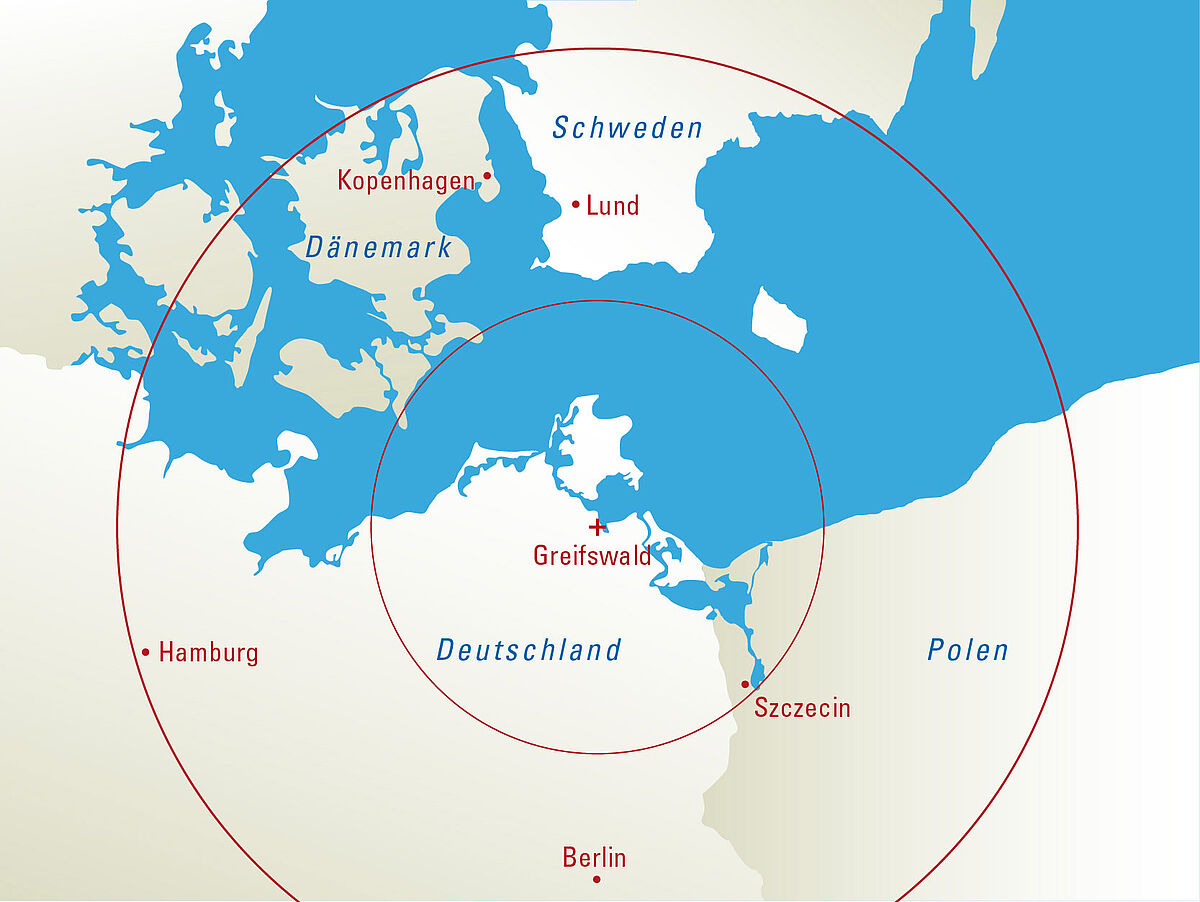17 November 2023, Conference
VHO Workshop: A "Treshold of Crisis"?
Digital Conference Folder
Welcome to the digital conference folder for the VHO workshop 2023.
Here, you will find information on the conference program and the venues.
A “Threshold of Crisis”? Local conflicts and transnational dynamics of crisis around 1900
The time around 1900 was characterized by a number of transformative processes that were perceived as crises and/or resulted in events labelled as crises. This workshop will take a closer look at the interdependence of local conflicts and transnational dynamics of crisis in the years before and after the First World War, from 1890-1923.
Since the late 19th Century, the emerging mass media, rapid globalization and increasing international tensions fostered not only the visibility of existing problems but also the creation of enlarged scenarios of threats and conflicts. Such scenarios often had effects on local conflicts, especially within empires. But even outside empires, a growing transnationalisation of conflicts influenced ideas about political representation, political rhetoric, or conflicts between labourers and employers.
For example, mass media and international cooperation of workers and employers contributed to the transnationalisation of conflicts by reporting on strikes or upheavals abroad or creating larger scenarios of conflict and crisis that created a link between the social question and other “threats” such as international tensions, labour migration, or democratic claims. An event like the revolution of 1905 not only had a strong impact on the Russian Empire itself (especially its border regions), but the transnational media echo generated by the revolution triggered a wave of protest movements that amalgamated calls for political reform, extension of the suffrage and social justice in other European countries and empires.
The revolution of 1917 had an even bigger impact, fostering a variety of violent local conflicts connected by national and transnational dynamics of crisis.
The workshop will discuss the relationship between local (or even personal) conflicts and transnational dynamics of crisis from a variety of perspectives, including political, economic, social and media history. A main question will be, if one or more “thresholds of violence“ can be identified that marked the beginning of the particularly violent phase in European history around the First World War – be it from the perspective of historians or those who experienced such conflicts and crises.

Arrival via plane
You can arrive via plane at Hamburg or Berlin airports. From there, Greifswald can be reached via train or traffic intercity bus. If you take the car, the travel time from both airports will be about two and a half hours.
Arrival via train
If you are travelling by train, we recommend the route via Berlin. There are numerous high-speed connections from the German capital to all European regions and major cities in Germany. From Berlin, you can get to Greifswald by ICE, IC or regional trains operated by Deutsche Bahn. The journey takes between two and two and a half hours. As you book your tickets, you should look for a direct connection between Berlin and Greifswald.
Arrival via bus
Greifswald, a typical student town, has intercity bus connections to various regions and, above all, to Berlin. Within Greifswald, you can use Greifswald's Municipal Utilities' buses. However, the most popular means of transport in the city is the bicycle.
Arrival via car
The Hanseatic and University City of Greifswald is easily accessible by car via the A 20 motorway and various trunk roads. The city can be reached quickly from the motorway exits 25/Greifswald or exit 27/Gützkow.
In Greifswald, there are numerous parking spaces directly in the historic city centre. Find out about the central parking guidance system along the streets.
Please note that recordings and images will be made at the conference.
If you have questions or objections, please contact the staff in advance by email at baltic-e-learninguni-greifswaldde or directly at the event.
Welcome to the University and Hanseatic City of Greifswald!
In addition to the lectures at the conference, Greifswald has many wonderful sights and views to offer. The Hanseatic heritage and its maritime flair characterise the town just as much as its modern science and lively culture. From our conference venue in the centre of Greifswald's old town, you can quickly reach the museum harbour and the Pomeranian State Museum on foot, for example. You can find more sights and destinations in the city map brochure (PDF) and on the Greifswald Info page.
